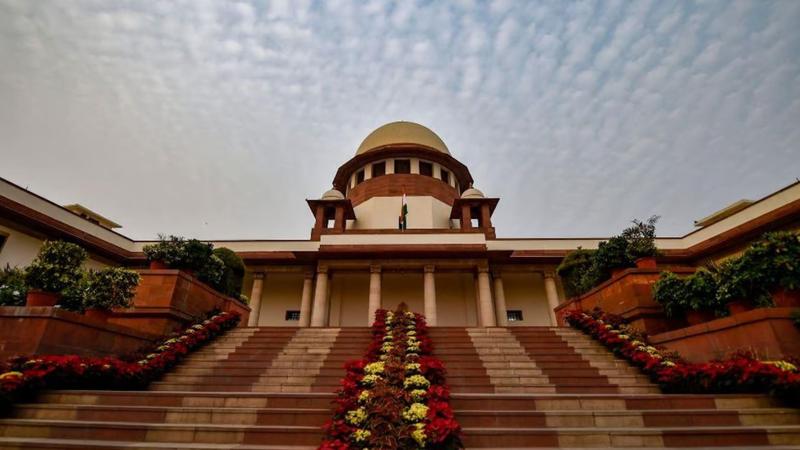Published 22:56 IST, April 29th 2024
Kerala Woman Who Left Islam Moves SC to Be Governed by Secular Statutes Rather Than Sharia
The SC sought Centre's response to a plea filed by a woman, who was born a Muslim, now a non-believer, and should govern by secular statues rather than Sharia.

SC पहुंची बंगाल सरकार | Image:
PTI
- Listen to this article
- 2 min read
Advertisement
22:56 IST, April 29th 2024
